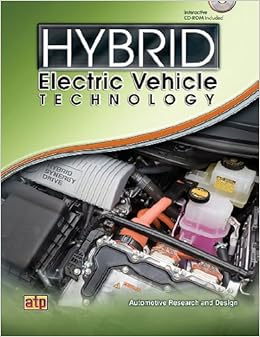A first recognized university degree, through which the necessary education background for the Master course of study can be proven. Set up mechanical, hydraulic, or electric test equipment in accordance with engineering specifications, standards, or test procedures. During this optional year, you will earn a salary from your employer while still remaining a member of the University. Today’s automotive engineers are expected to make connections among different areas of knowledge and integrate them in ways that benefit the automotive industry, society and the environment. Automotive Engineering Departments are founded to educate specialized engineers to overcome the demand in the automotive industry. On a work placement, you can apply your engineering knowledge at a choice of stages in the automotive industry. When taken and passed, however, the placement is recognised both in your transcript as a 60 credit Work Placement Module and on your degree certificate. Mark Thompson, head of engineering recruitment talks about our engineering courses. Select suitable materials and methods for processing various automotive components.
You will begin the module by understanding the significance of materials science and engineering for 21st century engineers and fundamentals of metal, polymers, ceramics and composites. They can also be employed in the industry in areas related to automotive supplier companies.
The aim of the Automotive Engineering Department is to prepare engineering candidates for various branches of industry with an improved self-confidence and individual initiative. The design part of the module will develop skills in engineering drawings and computer aided design (CAD) and solid modelling together with an introduction to the fundamentals of material science. An engineering degree is essential; further education in mechanical engineering is necessary for progression in the field. A solid mathematical and scientific background necessary to comprehend the fundamentals of engineering. To achieve the required depth within automotive engineering, students must choose four extra courses. As you progress, you will study automotive manufacturing, engine systems, vehicle dynamics, materials and structures, and safety.
The programme will lead to professional roles within research and development, design, and testing of processes, systems and parts of automotive vehicles or other mechanical systems. You are better placed to tackle the problems faced by many companies whose design, manufacturing processes rely on co-ordinating individual specialists from various engineering disciplines.
As well as studying an advanced area of automotive engineering within a simulated industrial environment, you will also be able to extend your maths, design, mechanical science and project management abilities. The final year project allows you to investigate an engineering problem that is of particular interest to you, while developing engineering, project management and report writing skills. Chalmers hosts the Swedish Hybrid Centre, SHC, which is a cooperation initiative between Swedish universities and the automotive industry.
